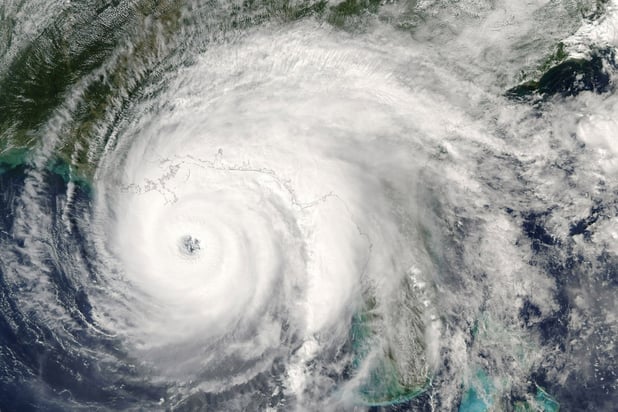

A significant storm in Florida this hurricane season could lead to “a massive failure of Florida insurers that would be on a historic level,” according to a representative of the Insurance Information Institute (Triple-I).
Currently, more than 907,000 policies sit with Florida’s insurer of last resort, Citizens. This is despite the state having swerved any direct hits from hurricanes in the past three seasons.
Four carriers have exited the crisis-hit market since February. Meanwhile, the cost of an annual homeowner’s policy in the Sunshine State is expected to soar to $4,231 this year, almost three times the US annual average of $1,544, according to Triple-I analysis.
Carriers in the state face a heavily litigious environment, which accounts for 79% of all homeowners’ lawsuits nationwide, according to the Florida Governor’s Office. This is something that the legislature, which reconvened for a special session in May, has attempted to stave off with a new law looking to tackle assignment of benefits and an onslaught of roofing contractor claims.
However, market sources told Insurance Business, any major calming effect from this is unlikely to be seen immediately.
With the market already in a “man-made” crisis, Mark Friedlander, Triple-I corporate communications director, said that a severe storm on the level of 2017’s Irma or 2018’s Michael could lead to a surge of carrier insolvencies and result in what Triple-I believes “would be the largest failure of private insurers in US property casualty history.”
“Five or more insurers could potentially fail from just one significant storm event, and that’s on top of the four that have already gone insolvent this year,” Friedlander told Insurance Business.
“We’ve never seen a situation where that many insurers failed in such a short timeframe, the previous mark was set in 1992, after Hurricane Andrew, when we saw seven domestic insurers fail – and of course, that was before there were hurricane deductibles.”
Southern Fidelity crashed out of the Floridian market this June, after it failed to secure its Demotech rating amid its inability to secure reinsurance coverage at renewals.
Other insurance businesses in the state to have faced insolvency since February of this year include Lighthouse Property Insurance Company (domiciled in Louisiana but headquartered in Florida), St Johns Insurance, and Avatar Property & Casualty Insurance Company.
Five more insolvencies would bring failures this year to eight in total, beating a three-decade-long record of seven after Hurricane Andrew.
“It seems like just in the last month alone after the special session, that the Florida insurance market is careening off a cliff,” Friedlander said.
Of the top 10 Florida domestic carriers operating in the market, just two businesses posted a positive net income last year, according to data supplied by Citizens in its March presidents’ report. Meanwhile, three saw net losses of over $100 million and one was just over $5.5 million shy of this mark.
Meanwhile carriers have been exiting the marketplace or reducing capacity in droves in recent years.
“Almost every week now, we have heard companies announce they are putting, at the very least, a moratorium on writing new business until the market stabilizes,” Friedlander said.
Hurricane season
Florida will be hoping to escape a hurricane hit for the fourth year running in what experts at Colorado State University have predicted will be a “well-above-average” Atlantic Hurricane season.
This is the seventh year in a row that an above average storm season has been forecast by the researchers, who have predicted 10 hurricanes, of which five are expected to be major.
“We’re seeing conditions already in the tropical Atlantic that are somewhat disturbing for June [though it looks like current activity is unlikely to hit Florida],” Friedlander said.
“We’re just getting started [with the] hurricane season – we don’t really get to the peak until typically mid-August through mid-October, so it is very concerning, considering the condition of the marketplace.”
